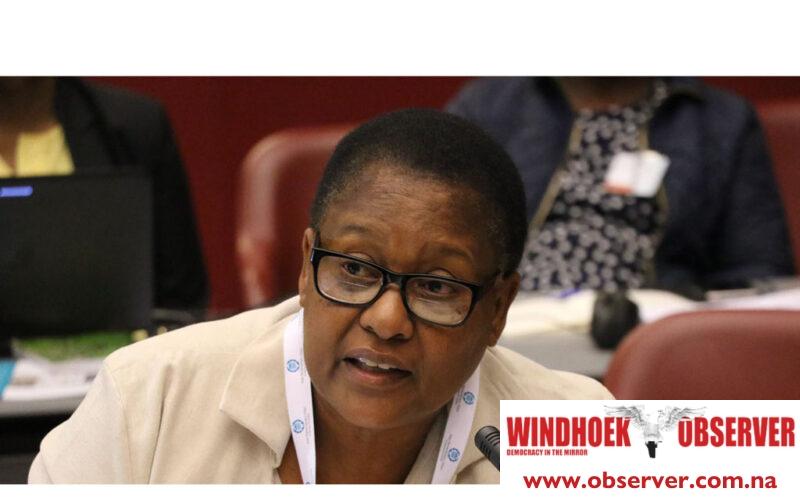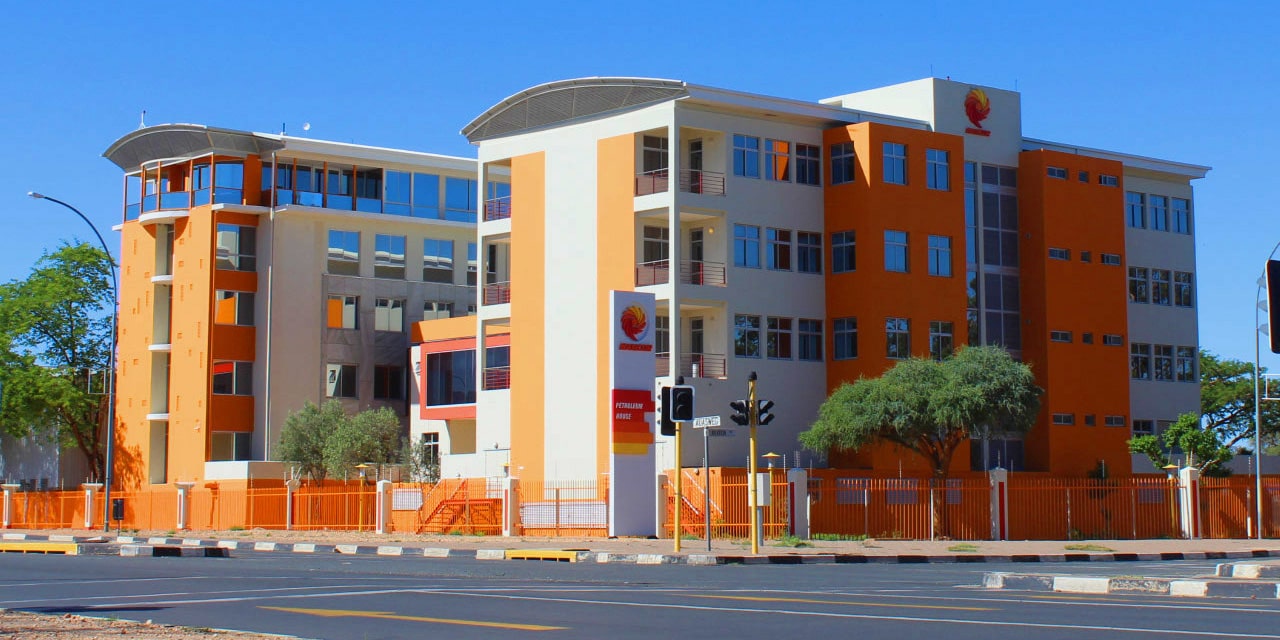Herttta-Maria Amutenja
Elma Dienda, a member of the Popular Democratic Movement (PDM) has called for increased transparency in the allocation and utilisation of N$643 million designated for drought relief in Namibia’s midterm budget.
Dienda, stressed the need for clear and unbiased guidelines from the Office of the Prime Minister (OPM) to ensure that the funds are not misused for political gains.
“We urgently request clear, unbiased usage guidelines from the Prime Minister’s office to prevent misuse of these funds for political gain, ensuring integrity in relief efforts and respect for taxpayer contributions,” Dienda remarked.
The allocation, announced by Finance and Public Enterprises Minister Iipumbu Shiimi last month, aims to supplement drought relief provisions under the OPM, covering both food distribution and support for affected farmers.
However, Dienda pointed to disparities in the distribution of relief, specifically addressing concerns about pensioners and persons with disabilities, which according to her, are receiving a mere N$1,400 without automatic qualification for drought relief. This raises questions about social justice and the need for a more inclusive aid distribution approach.
In addition, Dienda also scrutinised various budget allocations, seeking clarity on their strategic implementation and management.
Notably, the N$250 million pharmaceutical budget allocation raised questions about addressing chronic medication shortages affecting vulnerable groups in society.
Dienda stressed the importance of understanding how the budget would directly alleviate hardships faced by those in need.
“With chronic medication shortages affecting vulnerable groups, it’s vital to question if this budget allocation will directly alleviate their hardships. We require a detailed explanation from the Minister of Health and Social Services on the root causes of prolonged shortages of chronic medication for over six months in Namibia, ensuring the funds contribute to a sustainable solution for pharmaceutical accessibility for all Namibians, she said.
The allocation of N$25 million for legal aid under the Ministry of Justice came under scrutiny for potentially insufficient funding to address the substantial case backlog.
Dienda urged detailed planning to prioritise urgent or long-standing legal aid cases, enhancing the efficiency of legal services for all Namibians.
Further allocations, such as the N$70 million for anti-poaching efforts, the N$14.5 million for youth empowerment and credit schemes, and the N$37 million for stadium upgrades, were also subject to Dienda’s call for transparency.
She emphasised the need for a breakdown of fund utilisation, strategic planning details, and measures to monitor progress, ensuring accountability and effectiveness in funded initiatives.
Furthermore, the allocation of N$230 million to TransNamib, Namibia’s state-owned railway company, prompted a critical inquiry into the specific purposes and strategic intentions behind this substantial funding.
Dienda also expressed concerns about the allocation of N$376.3 million to the Namibia Students Financial Assistance Fund (NSFAF) and called for a detailed exploration of the nature of shortfalls and the specific utilisation of the funds.
The flow of repayment money from former beneficiaries back to NSFAF raised questions about the long-term viability of the student financial assistance system.
Additionally, allocations for the Public Servants Medical Aid Scheme (PSEMAS), construction of classrooms across Namibia, and security houses at the entrances of the National Assembly faced scrutiny from Dienda, who called for a thorough examination of underlying justifications, budgeting processes, and distribution of funds according to their designated purposes.
“It suggests a systemic issue that goes beyond individual malpractices. How is it possible that such large-scale fraud occurred without detection? This situation points to potential weaknesses in oversight and audit mechanisms within PSEMAS.
It also raises questions about the checks and balances that should be inherent in such a significant public fund. Addressing these issues is not just a matter of financial rectitude but also of public trust, especially considering the role of PSEMAS in providing healthcare to public servants,” she said




